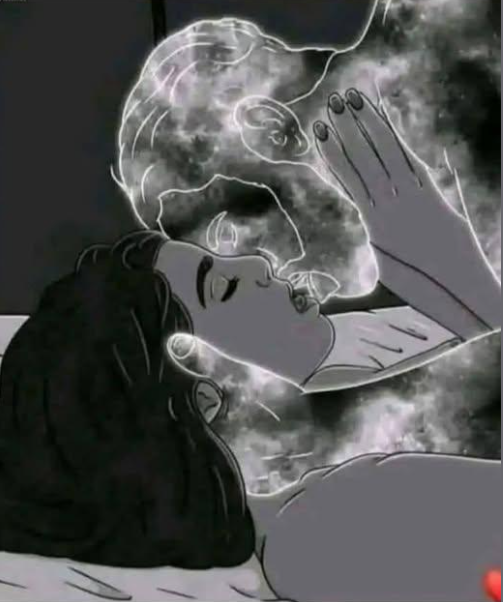‘South Park’ Premiere Skewers Trump and Paramount in Fiery Return
The long-awaited return of South Park wasted no time diving into controversy, delivering a premiere packed with sharp satire, bold commentary, and the series’ signature irreverence. In its newest episode, the show set its sights on former President Donald Trump and streaming giant Paramount, offering a biting critique that left fans buzzing.
The episode opens in classic South Park fashion—calm on the surface, but quickly unraveling into chaos. Eric Cartman, ever the instigator, stumbles into a town-wide debate surrounding political truth, media manipulation, and social media hysteria. At the center of it all: a not-so-subtle caricature of Donald Trump, depicted through a fictional character who shares his unmistakable speech patterns, mannerisms, and ego-driven ambition.
This Trump-like figure—boisterous, combative, and unfiltered—returns to South Park under the guise of “fixing everything.” His rallying cries ignite division among the townspeople, mirroring real-life political polarization. Through absurdity and over-the-top scenes, the show criticizes the cult of personality that surrounds Trump, the erosion of civil discourse, and the increasingly blurred lines between entertainment and politics.
Meanwhile, Paramount comes under fire in a subplot that focuses on the streaming wars. Characters discuss the overwhelming number of streaming platforms and the frustration of constantly needing new subscriptions to watch content. The meta-commentary is clear: South Park is now a Paramount property, and the creators—Trey Parker and Matt Stone—aren’t afraid to bite the hand that feeds them.
In one scene, a character sarcastically announces yet another spin-off being announced “exclusively on Paramount+++, the streaming service within a streaming service,” poking fun at the platform’s strategy of oversaturating content. There’s a moment where Randy Marsh delivers a rant about the commercialization of creativity, implying that corporate interests are choking the soul out of entertainment.
The animation remains intentionally crude, but the writing is razor-sharp. The episode weaves real news footage clips into its fictional narrative, adding to the surreal, satire-meets-reality atmosphere. Trump’s likeness engages in ridiculous monologues that parody his real speeches, while townspeople blindly follow or violently oppose him, capturing the chaos and confusion of modern political engagement.
Another layer of satire focuses on misinformation. Characters are shown scrolling endlessly through conspiracy-driven content, debating facts, and misquoting news sources. Kyle and Stan try to intervene with logic, but are drowned out by louder, angrier voices. The show cleverly mocks both sides of the debate, revealing the futility of arguing on platforms built for outrage rather than understanding.
The episode’s climax brings both storylines together in a town hall-style showdown, where Trump’s caricature demands full control of local schools, media, and funding—under the banner of “making South Park great again.” Meanwhile, Paramount’s fictional executives appear via livestream to announce a line of merchandise based on the current crisis, complete with themed NFTs and VR tie-ins.
The ending offers a moment of dark humor and reluctant reflection. Stan, always the voice of reason, comments on how no one is really listening anymore—just yelling louder than the person next to them. The camera pans out to reveal the town engulfed in chaos, parodying America’s current socio-political climate with a mix of bleakness and comedy.
Reactions to the premiere have been predictably polarized. Fans of South Park praise its fearless return to topical satire and appreciate its willingness to roast all sides equally. Critics argue that the show’s shock value has dulled over time, but even they acknowledge the cultural sharpness of its latest episode.
What’s clear is that South Park remains unapologetically bold. After decades on the air, the show still manages to provoke, entertain, and challenge viewers. By tackling Trump and Paramount in the same breath, the premiere doesn’t just aim to make audiences laugh—it invites them to look closer at the systems of power, influence, and absurdity shaping modern life.
With this fiery return, South Park reaffirms its place in the cultural conversation—not as a passive observer, but as a rowdy, relentless commentator unafraid to point fingers, crack jokes, and hold a mirror to society’s messiest truths.


